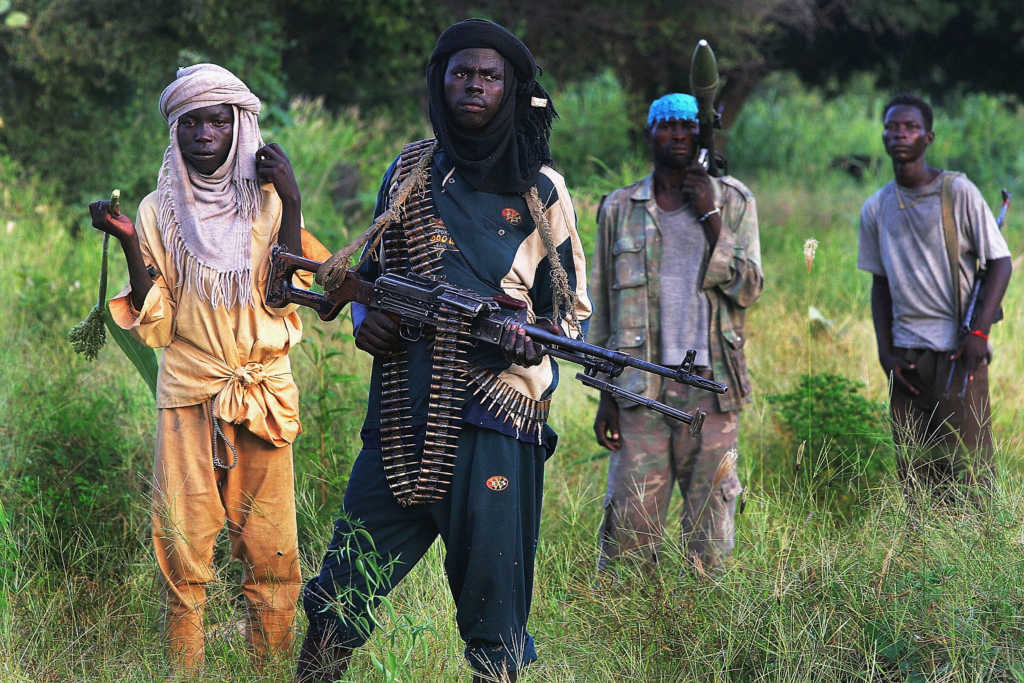Aid agencies say they are shocked by the brutal killing of six aid workers in South Sudan on Saturday, and it’s leading some organizations to reassess how and when they can deliver supplies.
Six aid workers from a national nongovernmental organization were killed when their convoy was ambushed on Saturday while traveling between Juba, the country’s capital, and the town of Pibor. Their bodies were discovered on the road by other members of the convoy who weren’t far behind, according to the United Nations mission in South Sudan.
Read: Modern Day Paul? Read the Incredible Story of a Jihadist Who Converts to Christianity
“The United Nations condemns this appalling and pointless loss of life,” David Shearer, special representative of the secretary-general for South Sudan and head of the United Nations mission in the country, said in a statement on Saturday. “This cold-blooded killing is utterly reprehensible, not least, because these aid workers were dedicated to alleviating the ongoing suffering of the people of South Sudan.”
At least 79 aid workers have been killed in South Sudan since the African nation plunged into civil war in December 2013, including at least 12 this year, according to the United Nations.
International aid organization Oxfam told BBC News that Saturday’s fatal attack “demonstrates how dangerous it is” in South Sudan and is causing agencies like itself to reevaluate “what is mission-critical and what is not.”
Oxfam told BBC News that aid deliveries would continue in South Sudan but could be delayed as it reassess how this could be done with minimal risk.
Oxfam’s humanitarian campaigns manager, Dorothy Sang, who is currently in South Sudan, told BBC News it’s “one of the most difficult countries to operate in right now.” Attacks on aid workers in South Sudan “unfortunately aren’t uncommon” and transporting aid by road was now “extremely dangerous,” she added.
Humanitarian agency CARE International also expressed shock and concern on the attacks targeting aid workers in South Sudan, saying it’s one of the most dangerous places to deliver humanitarian aid. CARE’s country director in South Sudan, Fred McCray, said intentional attacks against humanitarian staff may constitute a war crime.
“We call on all parties to the conflict to stop targeted attacks against civilians and aid workers and to allow us to get aid to those in need without having to risk our own lives to do so,” McCray said in a statement on Monday. “Aid organizations need to significantly ramp up our work to get food and relief supplies to those experiencing extreme hunger. But we need to do it in a safe environment where the neutrality and independence of humanitarian workers operating in South Sudan is fully respected.”
Saturday’s attack comes a month after U.N. officials formally declared famine in parts of South Sudan, fueled by the country’s ongoing conflict and a collapsing economy. whave left some 100,000 people facing starvation there. It’s the first famine to be declared anywhere in the world in six years.
“The humanitarian crisis continues to deepen. One hundred thousand people are enduring famine, one million are on the verge of that fate, and 5.5 million may be severely food insecure by this summer,” United Nations Secretary-General António Guterres said in a statement last week.
(H/T/ BBC News)
—
Other Must-Read Stories:
– Reconciling Human Suffering With Faith
– Families Wanted: North Carolina Foster Care in a ‘State of Crisis’ After Alarming Spike in Cases
– ‘She Made Sure Those Babies Would Live’: Mom With Cancer Sacrifices to Save Twins



